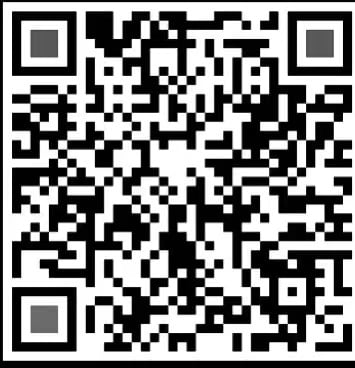Foreword
At the beginning of last year, a female Chinese international student was assaulted after negotiating her wage. This malicious attack that took place in FunTea Adelaide spread went viral on the internet, attracting much public attention. According to statistics, in Australia, It is not uncommon to see that Asians and international students being underpaid. However, the issue of wage theft does that exists solely in the Asian community – it is seen across firms of all sizes in Australia. So, how do we regain what we deserve if we discover that our salary has been docked or if we experience wage theft? To answer this question, we must first examine Australia’s legal minimum wage, and under circumstances does it constitute wage theft.
Minimum Wage
Every year, the Fair Work Commission adjusts Australia’s minimum wage according to the outcome of the current financial year. For instance, in the 2021-2022 financial year, full time employees aged 21 and above have a minimum wage of $20.33 an hour. Additionally, each industry and profession has a different standards for minimum wage. You can use the pay calculator below to learn more about the minimum wage for your industry and profession:https://calculate.fairwork.gov.au/FindYourAward
If wages or other employee rights (e.g., allowance, remuneration) are lower than the set standard, then employees have the right to demand to be back pay for the difference between what the employee received and the minimum wage, allowance or remuneration etc.
As an employee, what should you do if your salary is docked?
If you suspect that your pay has been deducted, we suggest that you communicate with your employer first – a lot of owed money may simply be due to carelessness. Hence, it may well be the quickest way to getting your money back by asking your employer directly. Of course, you can also choose to report it to the Fair Work Commission.
In day-to-day work, promptly collecting evidence can help you protect your rights better when experiencing disputes regarding wages. Important and relevant documents include: employment contract, payslips, PAYG payment summaries, bank statements, timesheets or records of hours worked, correspondence with employers or other agencies (such as email, letters, text) etc.
If negotiating or reporting to the Fair Work Commission is unable to help, you can relay your situation to the Fair Work Ombudsman or the Australian Taxation Office. You will receive legal advice relevant to your circumstances, and where necessary, initiate a legal claim. For more information please visit: https://www.fairwork.gov.au/pay-and-wages
Other illegal actions
Apart from deducting pay, in an employment relationship, what else is illegal?
There is another common crime in the workplace called wage theft. As per the Wage Theft Act 2020 (Vic) which came into operation on 1st July 2021, the following conditions can be considered as wage theft:
- Deliberately and dishonestly underpaying you
- Deliberately and dishonestly withholding wages, superannuation, or other employee entitlements
- Falsifying employee entitlement records to gain a financial advantage
- Not keeping employee entitlement records to gain a financial advantage
Thus, not only deducting pay, but also withholding wages and other employee entitlements can be regarded as wage theft. If one is found to have committed wage theft, they could face a maximum sentence of 10 years imprisonment.
If you would like to report a company or employer for wage theft, you can contact the Wage Inspectorate of Victoria. They will conduct further investigations and if necessary, prosecute them. For more details, please read the Victoria anti-wage theft poster.
Summary
After reading this article, we hope that you have gained more insight into underpayment and wage theft. If you believe that you are experiencing wage theft, or if you have any other related queries, please do not hesitate to contact our lawyers, we have unfair dismissal lawyers,workplace lawyers and employment lawyers in Glen Waverley, Melbourne.


